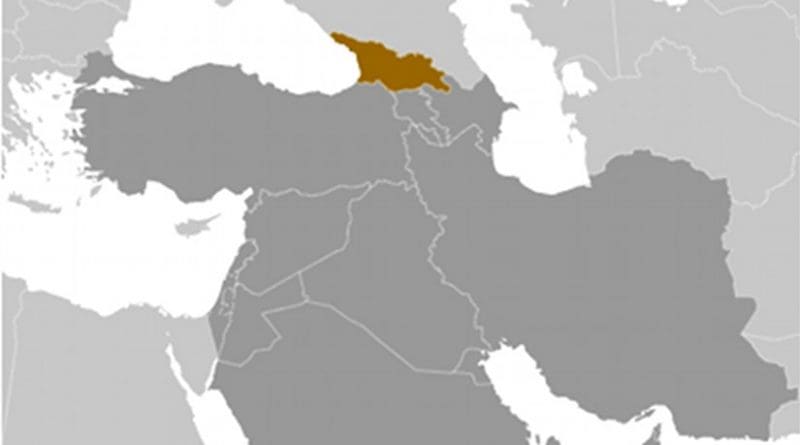Features Of Governmental ‘Business’ In Post-Soviet Georgia – OpEd
One of the most arguable issues among economists is how and to which extent the goverment should intervene in the economy. As we known, different economic theories give different recommendations, starting from non-intervention policy and finishing with the command economy structure. So, theoretically and practically, the range of governmental intervention in the economy is very broad. Nevertheless, most economists agree that the government should not have its own business or at least it should be primarily based on the idea of national security.
In modern Georgia, a distinctive feature of governmental “business” is in the sales of buildings held by ministries and other governmental institutions. The reason for this kind of privatization is not hidden in profit making or any other economical benefits. The main reason for such “business” is traditionaly called tourism development by placing hotels in former government buildings. Such an economic policy can hardly be evaluated as rational – it has obvious shades of primitivism.
One of the most prominent examples of the Georgian Dream’s (GD) – the ruling political party – primitivistic approaches towards the economy can be seen in the privatization of the building of the Ministry of Economy in 2015. On the initiative of Giorgi Kvirikashvili (Prime Minister of Georgia’s government), who was the acting Minister of Economy at that time, this building was purchased by a Chinese company, Hualing, on electronic auction for USD 9.45 million with the purpose of opening a hotel therein.
It is noteworthy that after the privatization, the Ministry of Economy decided to stay in the same building and paid rent to Hualling until a fire damaged the building. Because of the fire, the Ministry paid a fine to the Chinese company, vacated the building and rented a new premises.
The sale of administrative buildings for the purpose of establishing hotels was initiated by the former government of the United National Movement (UNM). In particular, in 2007, buildings of the Ministry of Agriculture and the Ministry of Justice were used for the same purpose.
The main difference between the plans to convert ministry buildings into hotels under the UNM and the GD: for the UNM government, before starting a project of converting old building into hotels, the issue of moving a ministry to another building was solved (the Ministry of Agriculture was moved in to another state-owned building and the Ministry of Justice was moved to a brand new building which was built especially for this reason). For the GD government, on the contrary, they sold the building of the Ministry of Economy but had no idea where to move the whole body.
Another interesting story happened in 2009 with the Ministry of Foreign Affairs when the UNM government decided to move the Ministry of Foreign affairs (which had an emergency building) into a state-owned building in Tbilisi city center. GEL ten million was spent on renovations to this building but then the government suddenly changed its mind and privatization was decided instead for the purpose of opening a new hotel. This idea was successfully accomplished during the GD ruling period. In summer 2016, the Biltmor Tbilisi, luxury hotel, was opened in this building while the Ministry of Foreign Affairs is still in a temporary location.
In 2012, the UNM government moved the Parliament of Georgia from the capital city to Kutaisi (to support Kutaisi’s economic development). The project cost the government GEL 350 million. The non-functional building of the Parliament in Tbilisi was aimed for privatization with the opening of a business center, hotels and restaurants inside. Fortunately, after the 2012 elections, the GD government came to the power and stopped the process of privatization and returned the Tbilisi Parliament building to its original functions together witht the Kutaisi Parliament building.
After saving the Tbilisi Parliament building from privatization, it is even more difficult to understand the obviously pointless privatization of the Ministry of Economy by the GD government.
In March 2017, the GD government took the initiative and announced the construction of a governmental city in one of the historic districts of Tbilisi where several ministries will be placed. While the Ministry of Economy is left without its own building, when the Ministry of Foreign Affairs is located in an emergency building and the building of the Ministry of Education and Science is in a poor condition, the government’s decision to build a governmental city in Tbilisi could be understood. However, it is obvious that neither the UNM nor the GD has ever bothered to conduct a cost-benefit analysis for their “strange business.”
Unfortunately, the results of these dubious “businesses” are not important for the government. This is no longer even a business!

